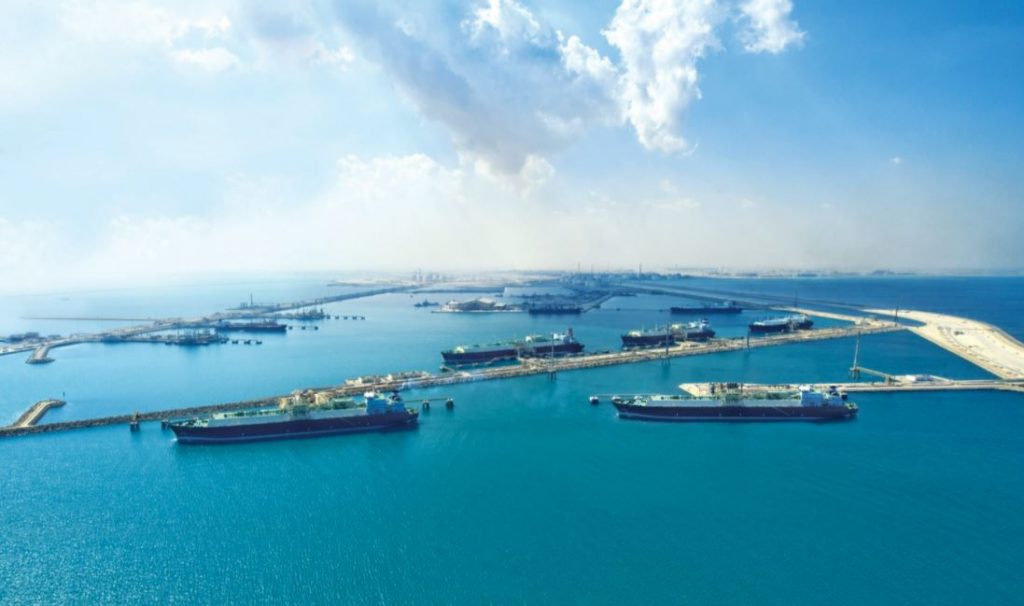The European Commission said it has decided to close its antitrust investigation into LNG supply agreements between LNG giant QatarEnergy and several European gas importers.
Back in June 2018, the Commission opened an investigation into QatarEnergy, previously known as Qatar Petroleum, as certain clauses contained in its supply agreements “appeared to restrict the freedom of European gas importers to sell LNG in alternative destinations within Europe.”
These clauses were suspected of possibly preventing or limiting the free flow of LNG within the internal market, in breach of the EU competition rules, the Commission said.
“Today’s closure decision is based on a thorough analysis of all relevant evidence, including information received from QatarEnergy and the European gas importers,” it said.
The Commission concluded that the evidence collected did not confirm its initial concerns and has therefore decided to close its investigation.
In a separate statement on Thursday, QatarEnergy welcomed the EC’s formal decision to end the LNG long-term supply agreements investigation.
“Over the past three and a half years, QatarEnergy worked closely with the Commission’s Directorate General for Competition and made sure that we responded transparently and cooperatively to all of their queries. We are fully supportive and satisfied with the outcome,” the firm said.
Europe boosting Qatari and US LNG supplies
The closure of the investigation comes at a time when the EU is looking to substantially boost LNG imports from Qatar and the US, as part of plans to slash reliance on Russian gas.
European firms, including from Germany, are in talks with QatarEnergy on boosting LNG supplies.
QatarEnergy announced a final investment decision on its $28.75 billion North Field East project in February last year.
Under the project, QatarEnergy will build four mega trains with a capacity of 8 million tonnes per year in the Ras Laffan complex.
This first phase of the expansion project will increase Qatar’s LNG production capacity from 77 to 110 mtpa while the second phase will further boost capacity to total 126 mtpa.
QatarEnergy expects first LNG from the expansion projects in 2025.
The company’s unit Qatargas already operates in total fourteen LNG trains at Ras Laffan.

